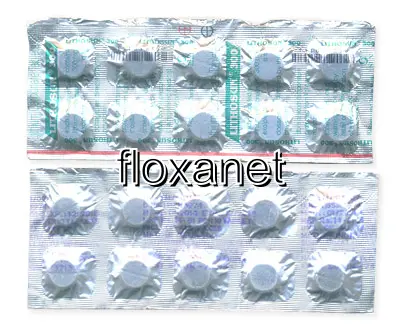Shop Lithium Carbonate Online in Canada
| Package | Dosage | Price | Price per Dose | |
|---|---|---|---|---|
| Dosage: 300mg | ||||
| 360 pill | 300mg | CAD511.31 | CAD1.42 | |
| 180 pill | 300mg | CAD285.95 | CAD1.59 | |
| 120 pill | 300mg | CAD217.77 | CAD1.82 | |
| 90 pill | 300mg | CAD178.00 | CAD1.97 | |
| 60 pill | 300mg | CAD132.55 | CAD2.20 | |
| 30 pill | 300mg | CAD75.73 | CAD2.52 | |

Lithium Carbonate Description
Overview of Lithium Carbonate
Lithium carbonate is a medication primarily used in the treatment of mood disorders, especially bipolar disorder. It has been a cornerstone in psychiatry for decades due to its effectiveness in stabilizing mood swings and preventing episodes of mania and depression. As an organic compound composed of lithium, carbon, and oxygen, lithium carbonate is available in various formulations, typically as tablets or capsules for oral administration. Its pharmacological action is complex, affecting neurotransmitter activity and neuronal signaling pathways to help restore balance in brain chemistry.
How Lithium Carbonate Works
The precise mechanisms of lithium’s action are not fully understood, but it is believed to influence several neurochemical processes. Lithium modulates the activity of neurotransmitters such as serotonin and dopamine, which play significant roles in mood regulation. It also impacts intracellular signaling pathways, including the inositol monophosphatase pathway, which helps stabilize cellular functions involved in mood stability. This combined effect helps reduce the frequency and severity of mood episodes, making lithium carbonate an effective long-term treatment option.
Benefits and Effectiveness
Many patients experience a notable reduction in the symptoms of bipolar disorder when using lithium carbonate. It can prevent both manic and depressive episodes, which are common in this condition. Lithium is also associated with a decreased risk of suicide among bipolar patients, providing an added layer of benefit. Its ability to maintain mood stability over extended periods makes it one of the most studied and trusted medications in psychiatric treatment. However, individual responses vary, and some patients may need dosage adjustments or additional medications for optimal results.
Possible Side Effects and Precautions
Despite its benefits, lithium carbonate can cause side effects, especially if not monitored properly. Common initial side effects include hand tremors, increased thirst, frequent urination, weight gain, and gastrointestinal discomfort. More serious, but less common, side effects can involve kidney or thyroid function abnormalities. Regular blood tests are crucial to ensure that lithium levels are within a safe therapeutic range and to monitor organ health. Patients with pre-existing kidney or heart conditions should discuss these issues with their healthcare provider before starting treatment.
Usage Guidelines and Tips
When prescribed lithium carbonate, it is essential to follow the healthcare provider's instructions carefully. Consistency in dosage and timing helps maintain stable blood lithium levels. Patients should avoid abrupt changes in their diet or fluid intake, as dehydration or excessive salt intake can affect lithium levels. Regular monitoring through blood tests is vital to avoid toxicity, which can be severe. It is also important to inform medical practitioners about any other medications being taken, as drug interactions can influence lithium’s effectiveness and safety.
Conclusion
Lithium carbonate remains a vital medication for managing bipolar disorder, offering substantial benefits in mood stabilization and reducing suicidal risks. Its long history of use is supported by extensive research and clinical experience. However, its use requires careful supervision to balance its therapeutic effects with the potential for adverse reactions. Patients on lithium carbonate should adhere to medical recommendations and maintain routine check-ups to ensure safe and effective treatment outcomes.